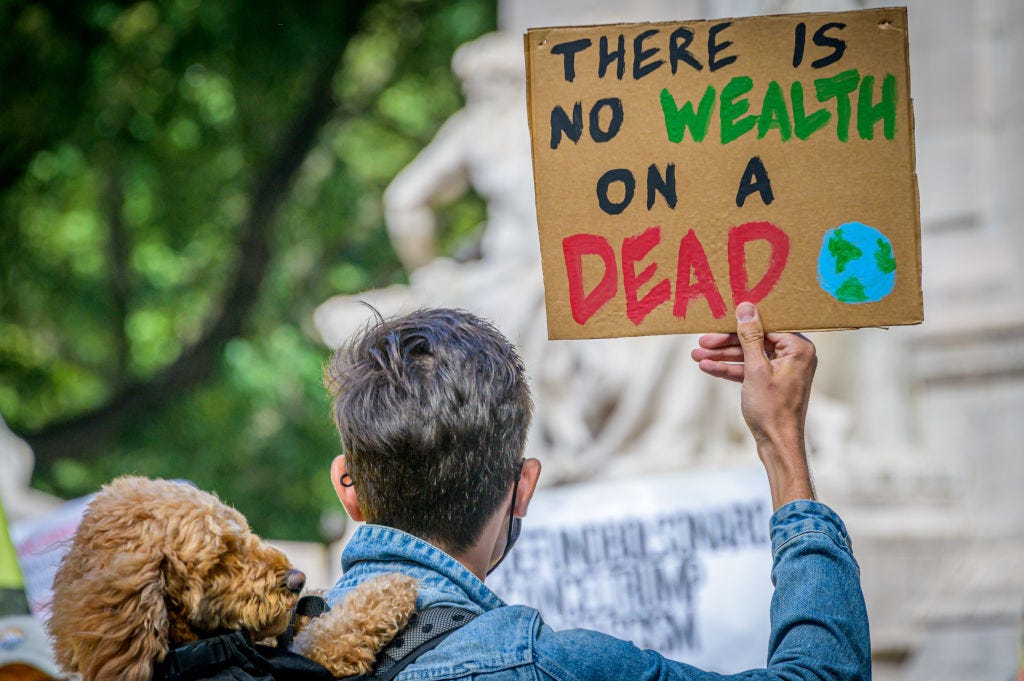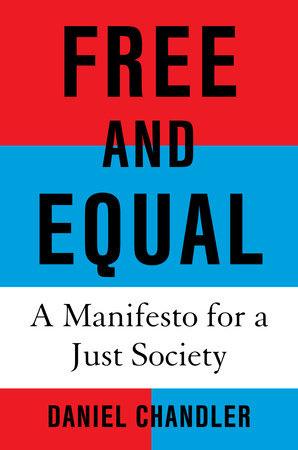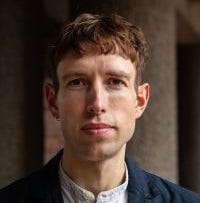A new manifesto for a just society
An exclusive excerpt from Daniel Chandler's new book, which updates John Rawls' theory of justice to fix what's broken in today's democracies
Last week, we talked to economist Joseph E. Stiglitz about his new book, The Road to Freedom, and his ideas about what it will take to build a more fair economy and good society after the collapse of neoliberalism.
The current so-called “polycrisis” — political, economic, and environmental — means the question of what comes next has been very much on the minds of today’s thinkers. Today we present an exclusive excerpt from economist and philosopher Daniel Chandler’s forthcoming book, Free and Equal: A Manifesto for a Just Society. Chandler, who directs the Programme on Cohesive Capitalism at the London School of Economics, offers a take on the future based on his reading of the philosopher John Rawls, the influential theorist of justice.
Like Stiglitz, Chandler locates the roots of our current crises in neoliberalism, and in the failure of liberal democracies to deliver real benefits to their citizens, but the solutions he proposes come out of the philosophical tradition rather than economics, specifically rooted in the thinking of John Rawls, the influential theorist of justice.
As Chandler puts it, “We need a new philosophy — a vision of the common good that builds on, rather than rejects, the core values of liberal democracy, and which can inspire people to transform their societies for the better.”
Below, you’ll find Chandler’s short essay and an excerpt from the book. We hope you find his proposals — a transformation of capitalism and the values of liberal democracy in pursuit of what Rawls has called a “realistic utopia” — challenging and inspiring.
And a request for those who haven’t yet joined us: The interviews and essays hat we share here take research and editing and much more. We work hard, and we are eager to bring on more writers, more voices. But we need your help to keep this going. Join us today to support the kind of independent media you want to exist.
And today we’re offering you a special discount of 20 percent if you become a paying subscriber. You will lock in this lower price forever if you join us now!
How can we build a fair society?
By Daniel Chandler
What would a fair society look like?
Most of us — and by “us” I mean citizens of the world’s rich democracies — would agree that the societies we live in are far from fair. Although we don’t all agree on exactly what is unfair about them, many of us would point to a familiar list of problems: a political system dominated by the rich; the profound influence that class, race and gender continue to have on people’s opportunities; the enormously unequal distribution of money, power and social prestige; and a rapidly unfolding climate and ecological catastrophe that threatens the ecosystems on which we and future generations depend.
It’s all too easy to decry the state of politics and society today, and there is no shortage of commentary about how and why we have reached this point. What is much harder to find is a coherent vision of what a better, fairer society would look like.
This isn’t just a question of new policies. We need a new philosophy—a vision of the common good that builds on, rather than rejects, the core values of liberal democracy, and which can inspire people to transform their societies for the better. But while politicians like Ronald Reagan and Margaret Thatcher—the architects of “neoliberalism”—could look to thinkers like Milton Friedman and Friedrich Hayek, who can progressives look to for similar inspiration today?
The premise of my book Free and Equal: A Manifesto for a Just Society is that the ideas we need are hiding in plain sight, in the work of arguably the twentieth century’s greatest political philosopher, John Rawls.
At the heart of Rawls’s philosophy is the idea that society should be fair, and that to work out what that means, we should imagine how we would organize society if we didn’t know our position within it — whether we would be Black or white, gay or straight, rich or poor — as if behind a “veil of ignorance.”
If we imagined society in this way, he argued, we would choose two simple but powerful principles, to do with freedom and equality respectively, which we could use to work out how to organize our basic political and economic institutions.
These principles offer us a toolkit for navigating the complex issues that animate our public discourse, from questions about free speech and the role of money in politics to debates about racial and gender inequality, the climate crisis and the future of capitalism. In my book, I use them to develop a bold practical agenda that would reinvigorate democracy and transform capitalism.






